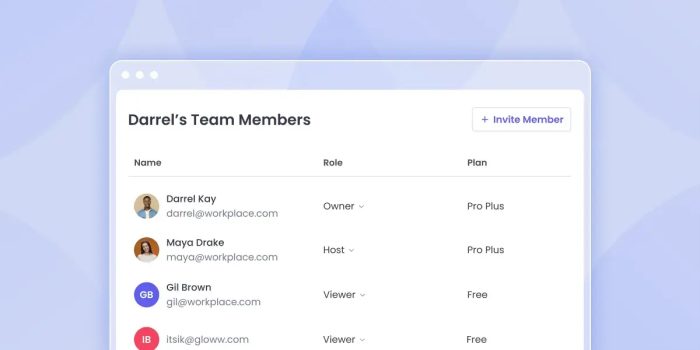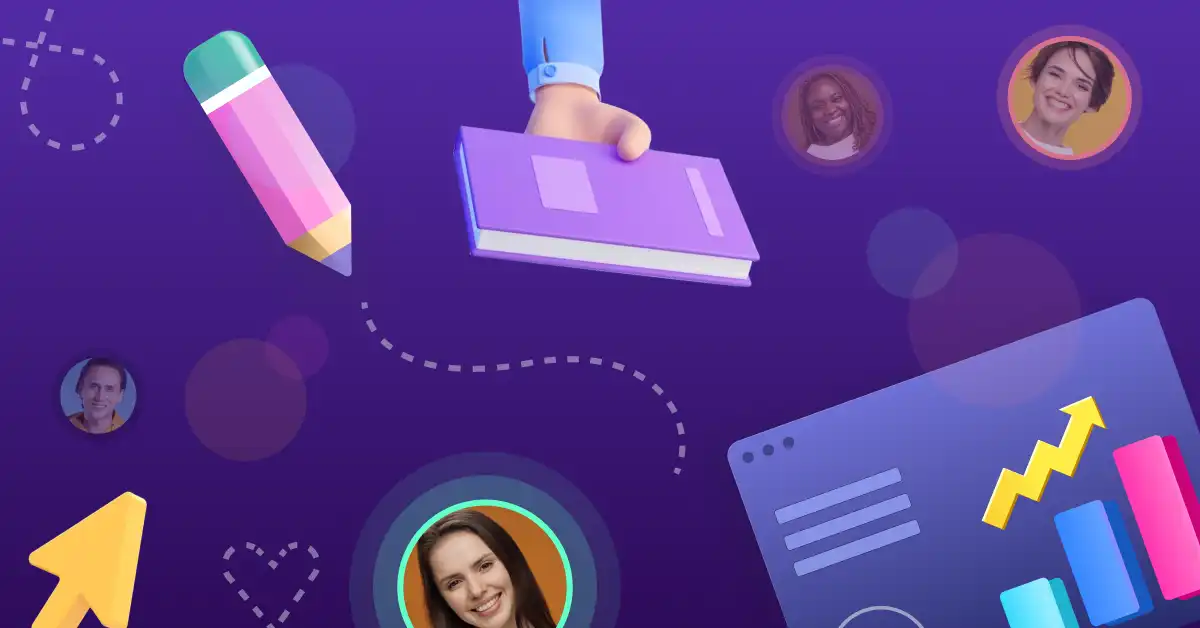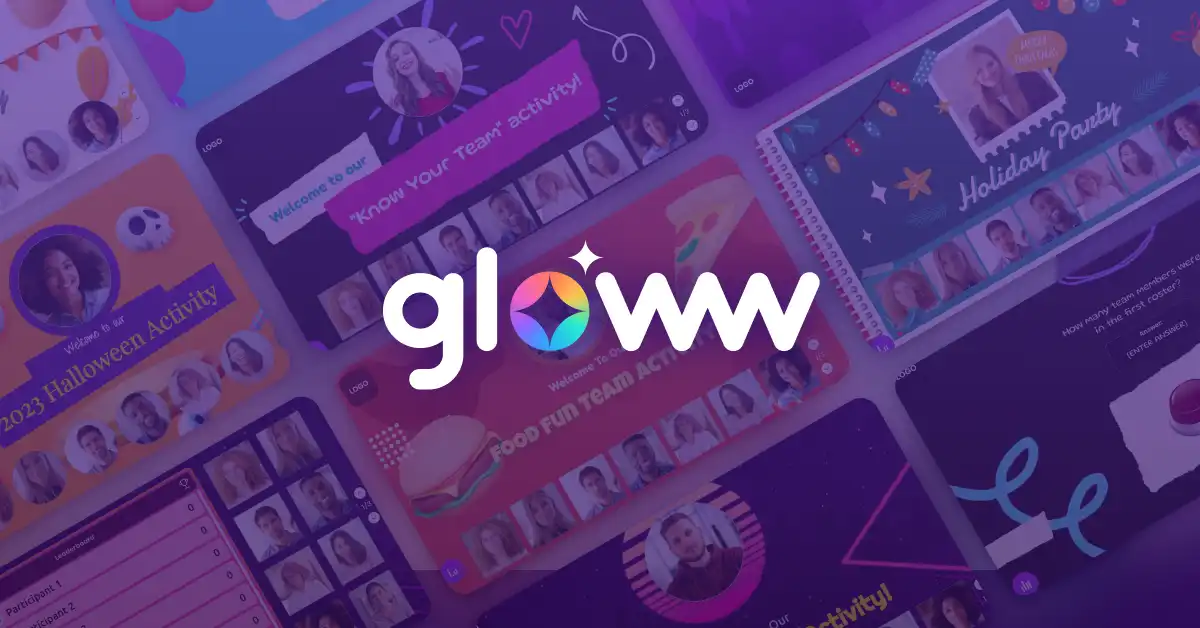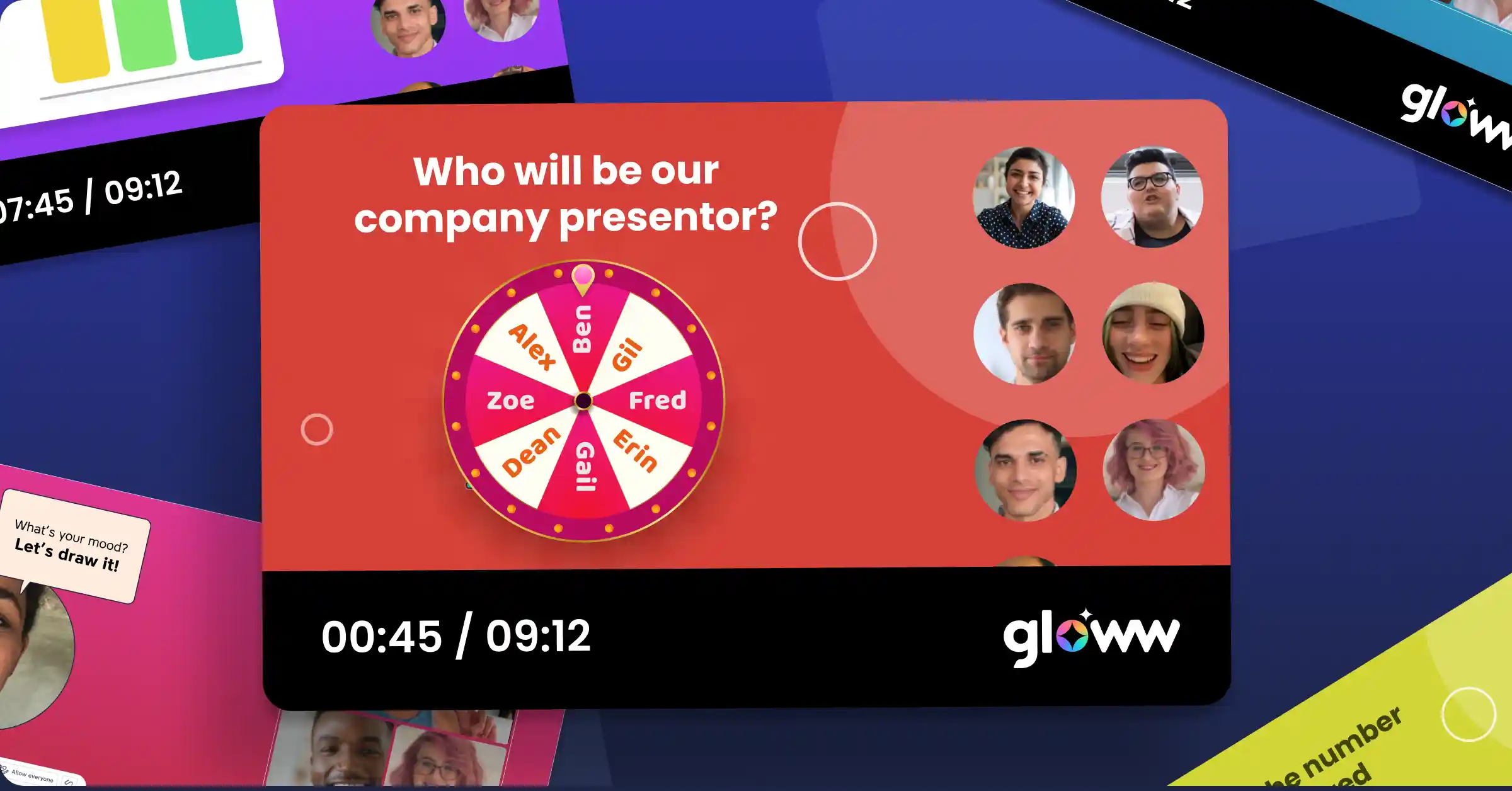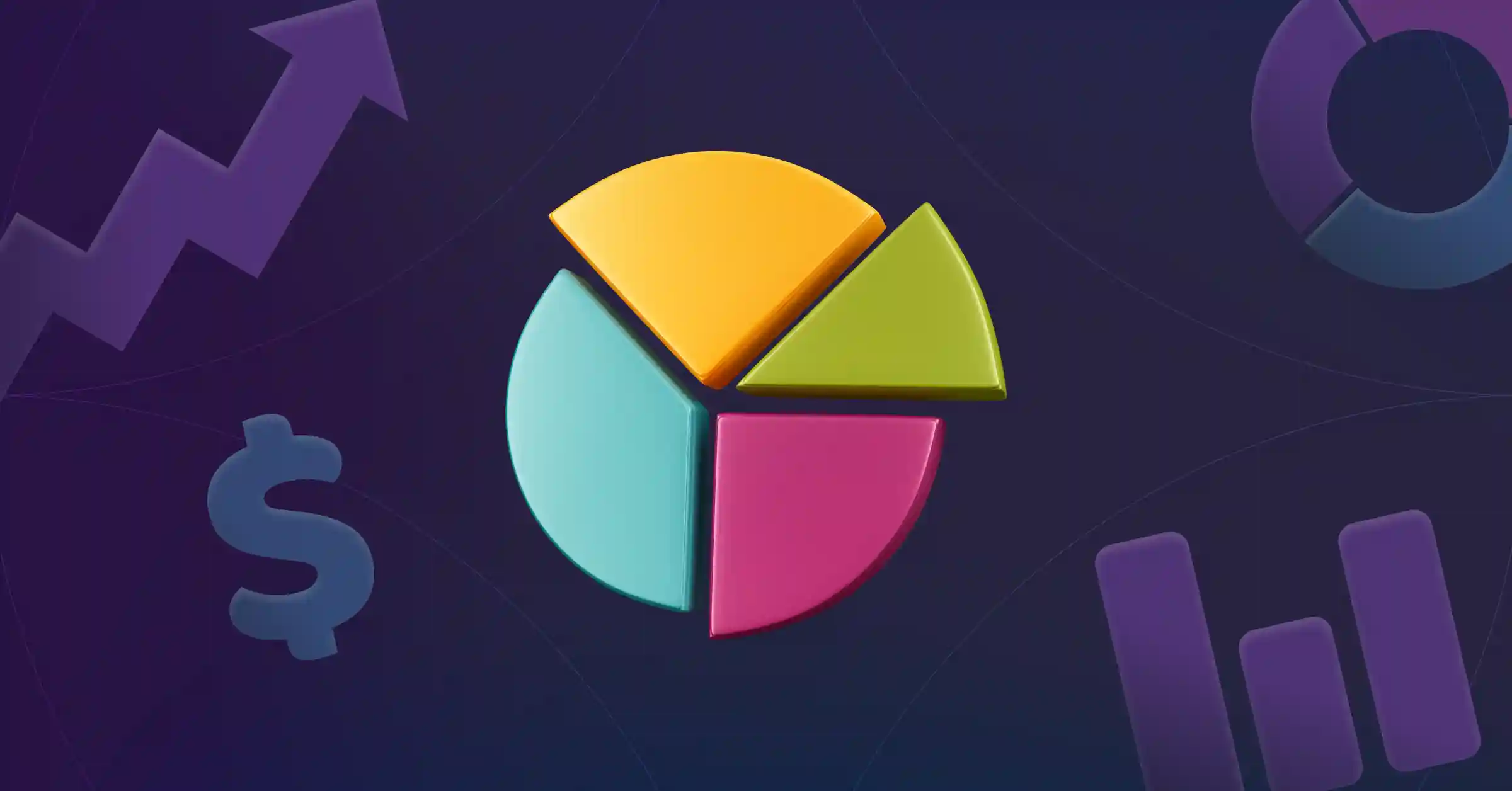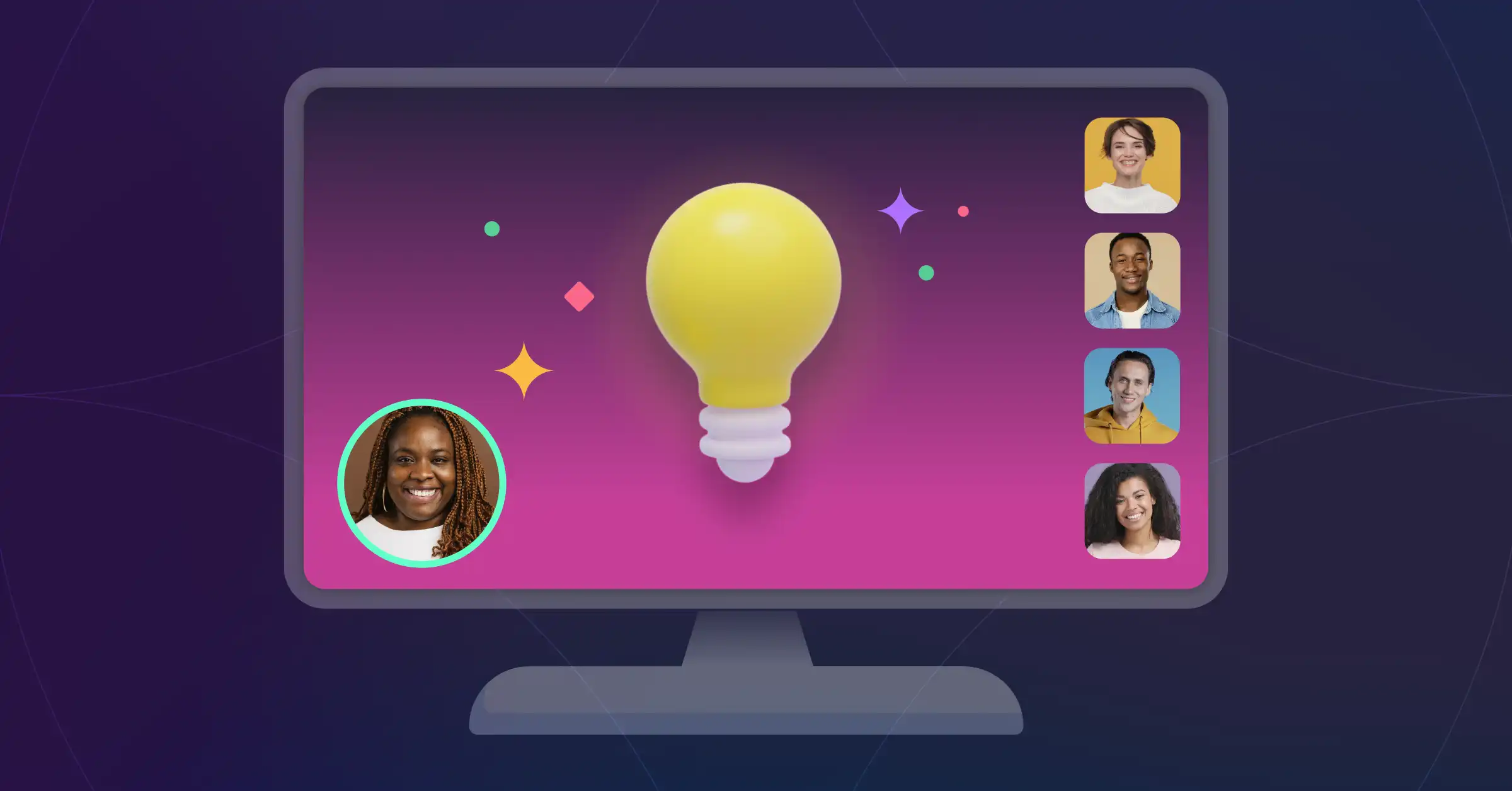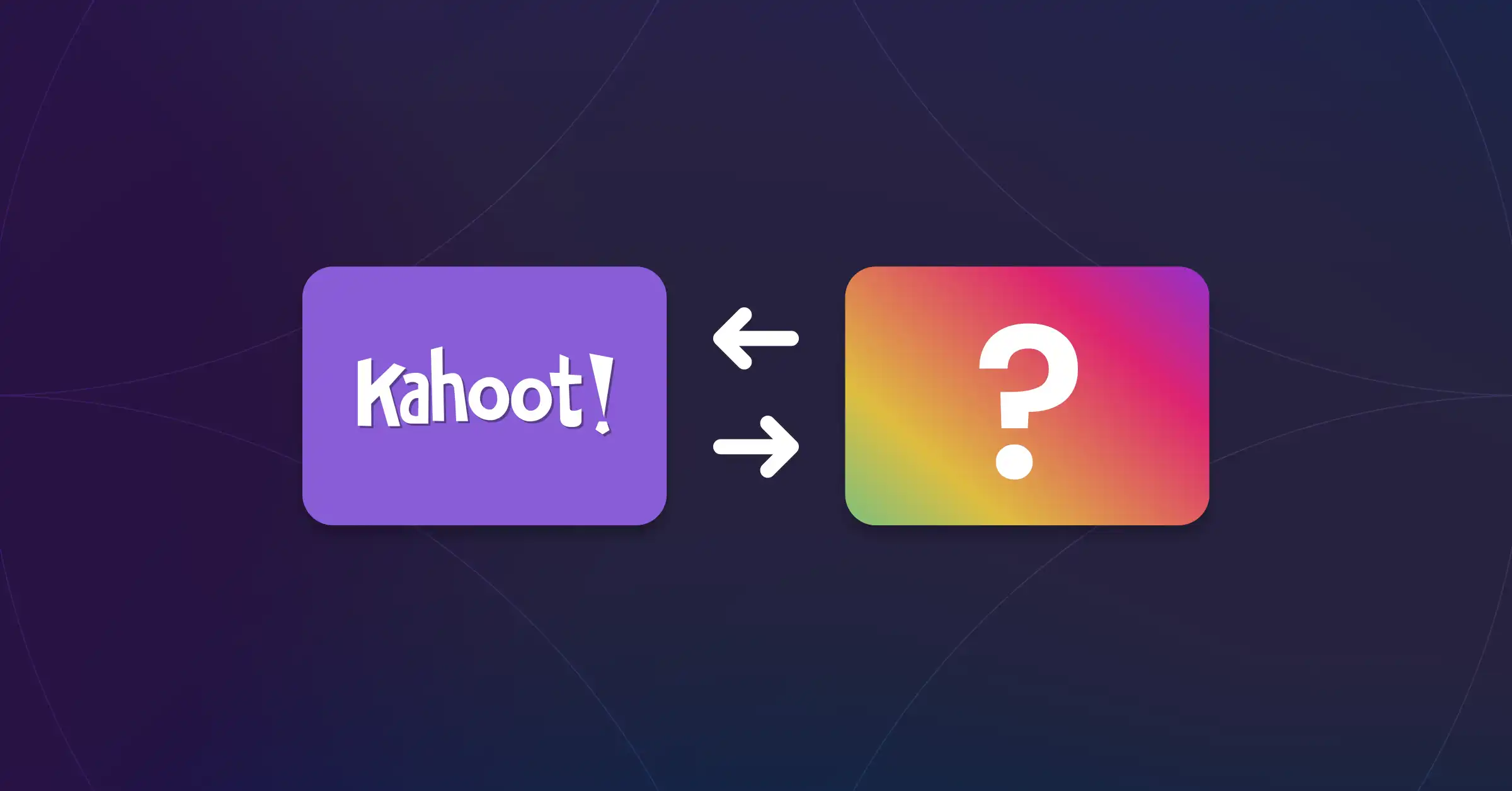We’re living in an era of unprecedented digital transformation. Technological advancements and rapidly-evolving artificial intelligence are bringing some of the biggest changes to the world of work since the industrial revolution.
While some changes will be small, others will be truly transformative. Some roles will be made redundant, while entirely new ones will be created. Even with the most informed predictions, the future of work is in a constant state of flux. Any company that hopes to withstand the far-reaching impact of these changes needs to prepare accordingly.
What is the Future of Work?
The future of work is an informed projection of how businesses, employees, and the workplace itself will change and adapt in the coming years. Until recently, these were considered long-term predictions. However, recent advancements in artificial intelligence and machine learning have made future of work predictions a more pressing concern. Getting a handle on the future of work discussion is a must for any company serious about change management.
7 Trends To Keep an Eye On
When we talk about the future of work, technological advancements usually dominate the discussion. However, this isn’t the only thing that will reshape the way we work in the next few years. Below are 7 of the biggest trends to watch out for.
1. Remote Working
Remote working is here to stay. In 2023, more than 16% of companies are now fully remote. Even more companies have adopted a hybrid work model. For employees, hybrid and remote work models have many advantages. It creates a better work-life balance, trimming away time-intensive commutes and bringing additional cost-saving benefits.
As well as a better employee experience, companies themselves can reap the rewards of remote working. For starters, businesses can tap into a much broader talent pool. This is useful for companies operating in countries with significant skills shortages. What’s more, a remote workforce is an agile one. For brands looking to extend their reach and transform into global enterprises, remote teams make complete sense.
2. Remote Collaboration Tools
Successful remote working hinges on the right remote collaboration tools. Video conferencing has long been a staple technology for many businesses. However, this is only the tip of the iceberg.
Remote collaboration tools allow for enhanced communication between remote teams, clients, and customers. They’re also becoming increasingly adept at replicating things that could once only have been done in person.
Nowadays, teams don’t have to be in the same room to engage in all-hand meetings or round-table planning discussions. They don’t even need to be on the same continent. Agile teams can be effectively managed remotely, while digital whiteboards and brainstorming tools can be used for collaborative exercises. What’s more, these same tools can be used to foster a culture of togetherness, ensuring dispersed teams never feel isolated.

3. Transparency Will Become More Important
Greater transparency is also likely to shape the future of work. One area expected to experience increased transparency is salary discussion. Historically, open dialogues regarding salaries were frowned upon by employers. However, continued debate about gender pay gaps and stagnant wages has made it more important for employers to take accountability. An open salary culture will ensure businesses aren’t knowingly underpaying their staff, while also encouraging them to spread the wealth as businesses grow.
Information accessibility is also being redefined. In the past, many employees have struggled to access basic resources. The switch from static hard drives to cloud computing removes many of the barriers that once limited access to information. This not only helps employees retrieve what they need to complete day-to-day tasks but opens up some exciting prospects for learning and professional development.
4. Artificial Intelligence and Automation
AI has significant ramifications for the future of work. It’s already permeated our everyday lives, with smart appliances changing the way we interact with our homes. For many people, it’s also looked upon as a threat to their livelihoods.
However, AI has many exciting applications. By automating menial tasks, human workers can look forward to significant productivity gains. Machine learning can also be used to tackle complex problems and generate ideas for innovation.
While AI will certainly push some workers into new roles, the focus should really be on the resource-saving benefits of the technology. What’s more, generative AI has major economic potential. According to some estimates, this technology could add up to $4.4 trillion annually to the global economy.
5. Customer Obsession
Improving customer experience should be a priority for every business. While most companies invest heavily in consumer research, the last few years have transformed consumer behavior and spending habits.
Expectations have changed considerably and only the most client-centric companies will be able to weather the storm. The customer of today expects a deeper level of personalization and value-based interactions. When consumers don’t get this, they’re more than happy to switch to another brand.
6. Sustainable Practices
With temperatures rising across the globe, eco-friendly business practices and sustainability are becoming increasingly important. More publicly-listed companies than ever before have committed to net zero targets, while even smaller brands are eager to shape up and explore greener ways of working.
Remote and hybrid workforces go a long way in curbing the carbon footprint of a business. However, there’s far more companies can be doing to improve their green credentials. Any business that depends on third-party appliers needs to be confident that their green policies align closely with their own.
Going forward, expect more organizations to think beyond sustainability. Regenerative business models are likely to become the norm. As well as reducing negative impacts on society and the environment, regenerative practices strive to make positive changes.
7. Skills Development
As the nature of work changes, so too will the skills required from workers. Expect significant workforce transitions over the next decade. Hospitality roles and office support positions are likely to become less important. However, the availability of high-skilled roles in STEM industries is expected to increase.
At the very least, those active in the labor market will need to be adept at working in a digital environment. However, this goes far beyond basic digital fluency. Those looking to secure the best positions in an increasingly competitive job market should think about mastering skills in programming literacy, data analysis, and development.
Many businesses are likely to invest in reskilling and upskilling their existing workforce as they prepare to integrate automation and artificial intelligence into their everyday operations.
Introducing Gloww: Empowering the Future of Work
Looking to future-proof your business? With Gloww, you have the perfect platform for keeping remote teams connected. Gloww’s browser-based platform brings a new level of connectivity to remote and hybrid workforces. Whether you’re looking for a reliable video conferencing solution or want to take online team training to the next level, you’ve all the tools you’ll ever need at your disposal.
You can take your pick from a huge selection of interactive presentation templates, or tailor your sessions to incorporate company colors and corporate logos. You even make things more interesting with interactive elements and gamified content. Need more convincing? With Gloww, you can bring together up to 1,000 participants. Perfect if you’re looking to branch out into new territories and significantly expand your workforce. What’s more, device switching comes as standard, making it the obvious choice for digital natives who like to jump between screens.

FAQs About the Future of Work
What does the future of employment look like?
Technological advancements and innovations in AI look set to revolutionize the way we work. Some employees may find these changes daunting, but they can provide more flexibility and autonomy. Expect remote working to become the norm for many people. Even those businesses that cling on to conventional ways of working will need to adapt hybrid models.
What is the future of work, HR, and AI?
As technology makes remote working more practical for most businesses, HR departments will have to adapt. Many businesses have already downsized in-house HR departments, with employees enjoying greater independence. Self-service solutions mean many of the roles performed by HR professionals have become largely redundant. However, things like performance monitoring are a growing concern for businesses that rely on remote workers. While some businesses are happy to rely on the honor system, others are utilizing robust monitoring tools to keep an eye on productivity and hours at the computer.
Advancements in AI will almost certainly lead to more automation. Hundreds of roles currently filled by humans can be performed more efficiently by AI. However, while most sectors will benefit from AI integration, very few occupations can be replaced entirely by AI. In almost every case, humans will need to work alongside AI in order to deliver the best results.

What is most exciting about the future of work?
Despite many challenges, the future looks bright for workers. As more sectors make complete shifts into digital spaces, the need for ongoing professional development is becoming more apparent. Now that information is readily accessible from everywhere, workers can unlock learning pathways with relative ease.
Future-Proof Your Business with Gloww
The future of work doesn’t need to be daunting. With the right tools, you can embrace the latest technological innovations and advancements in artificial intelligence. With Gloww, it’s easier than ever to keep a dispersed team connected. Our feature-rich platform can be used for all-hands meetings, webinars, or team-building sessions with remote employees. Ready to reap the productivity benefits of a remote workforce? Gloww’s collaborative tools are ideal for getting everyone working together, wherever they’re based.
You can start using Gloww for free today. If you’d like to tap into the full potential of the platform and its advanced features, take a look at our pricing plans. If you still have any questions about Gloww, get in touch with the team via the contact form.


